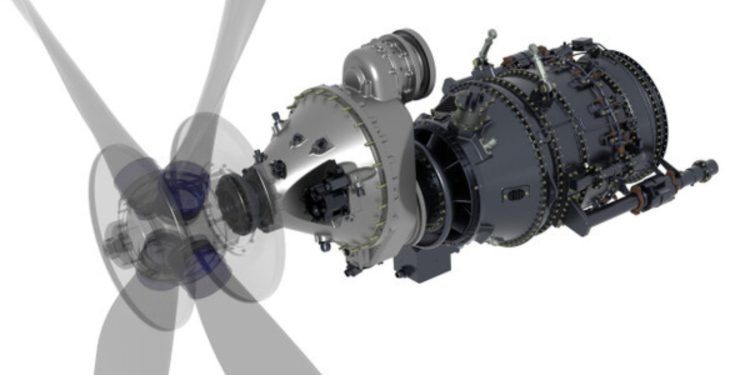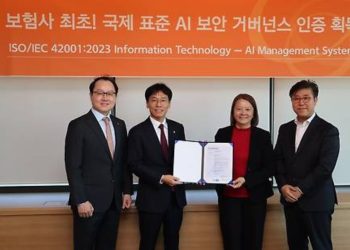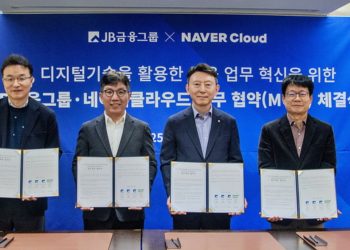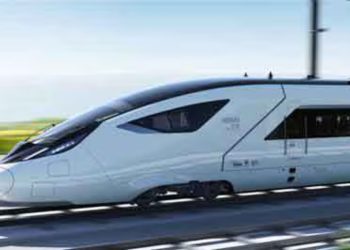Hanwha Aerospace has signed a new agreement with South Korea’s Agency for Defense Development (ADD) to develop a prototype turboprop engine for unmanned aerial vehicles (UAVs). The project aims to boost South Korea’s domestic capabilities in UAV engine technology, which remains heavily restricted by international export controls.
The new engine is designed for the country’s Medium-Altitude Unmanned Aerial Vehicle (MUAV), a system viewed as a local alternative to the U.S.-made Global Hawk. The MUAV currently uses a 1,200-horsepower turboprop engine, and the upgraded version will enhance performance and support long-endurance missions. The partnership reflects a broader push by Hanwha Group to advance defense technologies through independent research and development.
The core objective of Hanwha Aerospace’s latest partnership with ADD is to develop a 1,400-horsepower turboprop engine using homegrown technology by 2028. This engine is expected to power the next generation of South Korea’s medium-altitude unmanned aerial vehicles (MUAVs), enhancing their performance and endurance. The project also includes establishing the certification and testing processes needed to secure flight approval, laying the groundwork for future airworthiness certification of domestic UAVs.
Beyond the current turboprop initiative, Hanwha Aerospace is also involved in other ADD-led efforts to build a family of domestically developed drone engines. These include a 5,500-pound thrust turbofan and a more powerful 10,000-pound thrust turbofan, both of which will support advanced UAV programs. The goal is to establish a diversified lineup of engines across multiple classes to meet future defense needs and reduce reliance on foreign suppliers.
Hanwha Aerospace says that gaining full control over engine development—spanning design, production, certification, and maintenance—will not only support Korea’s defense self-sufficiency but also enable the expansion of capabilities into manned fighter jets and commercial aviation.
With international restrictions often limiting access to core drone engine technologies, securing local expertise offers a path to uninterrupted upgrades, easier maintenance, and export potential.
This initiative aligns with the South Korean government’s long-term strategy to build a competitive aerospace sector. Hanwha is already involved in the domestic production of GE’s F414 engines under license for the KF-21 fighter program and is contracted to supply 80 units for the twin-engine jet. The experience from such programs strengthens its technical base for developing independent power plants.
As part of a broader vision, Hanwha Group is pushing ahead with advanced development projects across its affiliates. While Hanwha Aerospace is focusing on engine development for UAVs and aircraft, Hanwha Ocean is working on South Korea’s next-generation icebreaking research vessel.
A Hanwha Aerospace representative emphasized the company’s unique position in South Korea as the only firm with end-to-end capabilities in aircraft engine development, from initial design and production to certification and maintenance. Leveraging this comprehensive expertise, Hanwha aims to strengthen the country’s defense autonomy by independently creating a wide range of engines for unmanned aerial systems, with future prospects for defense exports.
Looking ahead, Hanwha Aerospace is also working on the domestic development of a high-thrust aircraft engine with 16,000 pounds of thrust, or up to 24,000 pounds with afterburner. This engine is expected to power future versions of the KF-21 fighter jet, specifically the more advanced Block III variant, aligning with South Korea’s long-term military modernization goals.
Image credits: Hanwha Aerospace







